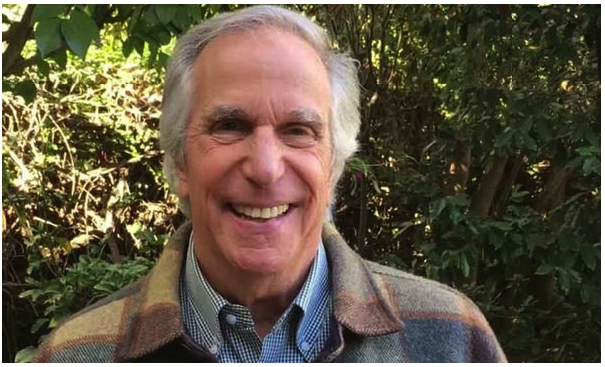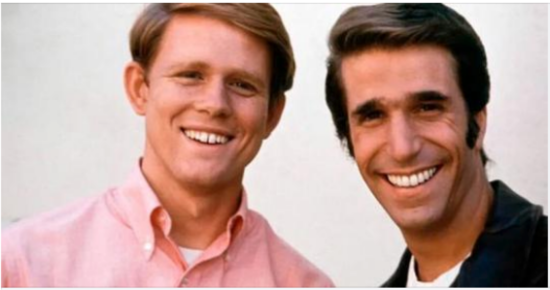His Parents Called Him Dumb But He Grew Up To Be Loved By Millions
Henry Winkler, best known for his role as the iconic Fonzie on Happy Days, had a far-from-glamorous childhood. Born in New York City in 1945 to immigrant parents who had escaped Nazi Germany, Winkler’s early life was marked by challenges that would shape him into the person he is today. Growing up in a strict, demanding household, Winkler struggled with a condition that would go undiagnosed for many years: dyslexia.
At a time when dyslexia was not widely understood, Winkler’s parents, unaware of his learning disorder, believed their son was simply lazy or “dumb.” His parents, particularly his father, were frustrated with his academic performance and often expressed their disappointment. They labeled him as “dumb” and even called him a “Dummo Hund,” which translates to “dumb dog” in German. These harsh words and expectations from his family created a difficult environment and deeply impacted his self-image during his formative years.
Despite these challenges, Winkler refused to let his struggles define him. He carried on with his education, working through his difficulties in school. He applied to 28 colleges, only to be accepted by two. His path to success was far from easy, but his persistence paid off when he received an acceptance letter from the prestigious Yale School of Drama. It was here that Winkler’s natural talent began to shine. During his audition, he performed an improvised Shakespearean monologue that left a lasting impression on the judges, setting him on the path to success.
While Winkler’s career began to take off, his dyslexia continued to present challenges. Despite excelling in roles on-screen, particularly as the smooth, leather-jacket-wearing Fonzie on Happy Days, Winkler still struggled with reading and coordination. His dyslexia made reading scripts a difficult task, and he often had to rely on memorization techniques to get through auditions. In fact, when he was offered the lead role in Grease, he declined the opportunity, fearing that it would lead to being typecast as just another “cool guy” character. He did not want to be confined to one role for the rest of his career.

A significant turning point came when Winkler was 31 years old. His stepson, Jed, went through testing for dyslexia, and it was in that moment that Winkler realized he shared the same struggle. For years, he had worked around his undiagnosed condition, but it was not until then that he truly understood the impact dyslexia had on his life. Acknowledging it as a silent barrier that had affected his professional and personal life, Winkler began to embrace his condition. He recognized that his dyslexia had made his path harder, but also had driven him to develop unique coping mechanisms—most notably, his ability to memorize scripts quickly and use humor to cover up any deficiencies in his performances.
Winkler’s career continued to flourish after Happy Days ended. He took on various acting roles, but it was his behind-the-scenes work that set him apart. He was involved in creating the popular action series MacGyver, contributing to its success as a producer. Although he faced difficult transitional phases throughout his career, Winkler’s determination and work ethic kept him going.
From being called “dumb” as a child to becoming a beloved, Emmy-winning actor and producer, Henry Winkler’s journey is nothing short of remarkable. His story serves as an inspiration, showing that personal struggles—whether they are related to learning disabilities, family expectations, or self-doubt—can be overcome with resilience and dedication. Through hard work and perseverance, Winkler not only achieved greatness but also helped others with similar challenges feel seen and understood.
Today, Winkler is not only known for his role as Fonzie, but as a champion for people with learning disabilities, using his platform to raise awareness and show that anything is possible with the right mindset. His life stands as a testament to the power of determination and the belief that we are all capable of achieving greatness, no matter the obstacles we face along the way.






